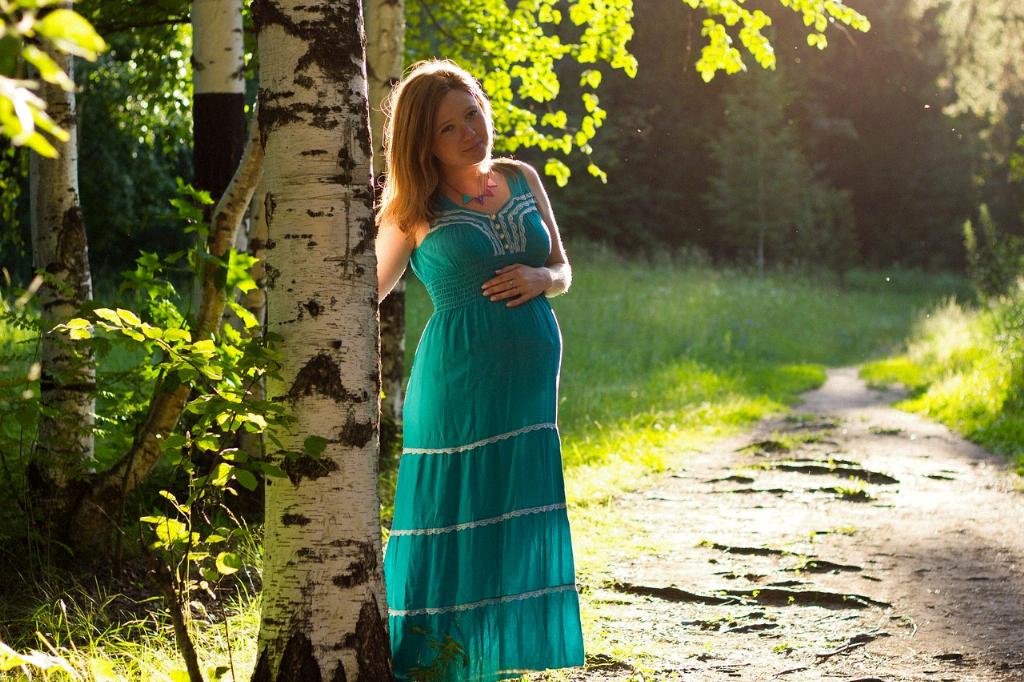When it comes to the question of whether toddlers can sense the gender of a baby, it’s important to understand that young children perceive the world around them in a very different way compared to adults. In fact, toddlers rely on various cues and information to make sense of their environment and the people in it. So, can your toddler really sense the gender of your baby? Let’s explore this further.
First and foremost, it’s essential to acknowledge that toddlers do not possess a supernatural ability to determine the gender of a baby. Instead, they rely on observable cues just like adults do. These cues can include physical features, clothing colors, and even social interactions that toddlers witness between parents and others. Therefore, the idea that a toddler can “sense” the gender of a baby is more about how they interpret the information presented to them.
It is also crucial to note that toddlers do not inherently have a concept of gender until they are introduced to it by society. Gender identity is a complex and nuanced aspect of human development that is shaped by social norms, cultural beliefs, and personal experiences. Toddlers are still in the early stages of cognitive development and may not fully grasp the concept of gender in the same way that adults do.
Moreover, toddlers are incredibly perceptive beings who are keen on picking up on subtle cues and changes in their environment. They may notice differences in how parents and others interact with a baby based on their perceived gender. However, it’s essential to remember that these observations are influenced by societal expectations and norms rather than an innate ability to sense gender.
When it comes to the relationship between toddlers and babies, it’s important to focus on creating a loving and supportive environment for both children. Regardless of the gender of the baby, toddlers can benefit from opportunities to bond with their new sibling and develop important social skills. Encouraging positive interactions and communication between siblings can help foster a strong sibling relationship over time.
Parents play a crucial role in shaping how toddlers perceive gender and relationships. By modeling inclusive and respectful behavior, parents can create a foundation for their children to learn and grow in a diverse and accepting environment. This includes challenging traditional gender stereotypes and promoting open discussions about diversity and identity within the family.
As toddlers continue to grow and develop, they will naturally become more aware of the differences and similarities among people around them. It’s essential for parents to support their children’s curiosity and provide age-appropriate explanations about gender, identity, and diversity. By fostering open communication and understanding, parents can help toddlers navigate complex social concepts with compassion and empathy.
In conclusion, while toddlers may notice differences in how they perceive the world around them, the idea that they can sense the gender of a baby is more nuanced than it may seem. Toddlers rely on cues and information to make sense of their environment, and their understanding of gender is shaped by societal influences. By creating a supportive and inclusive environment for children to learn and grow, parents can empower their toddlers to appreciate diversity and develop strong social connections.

